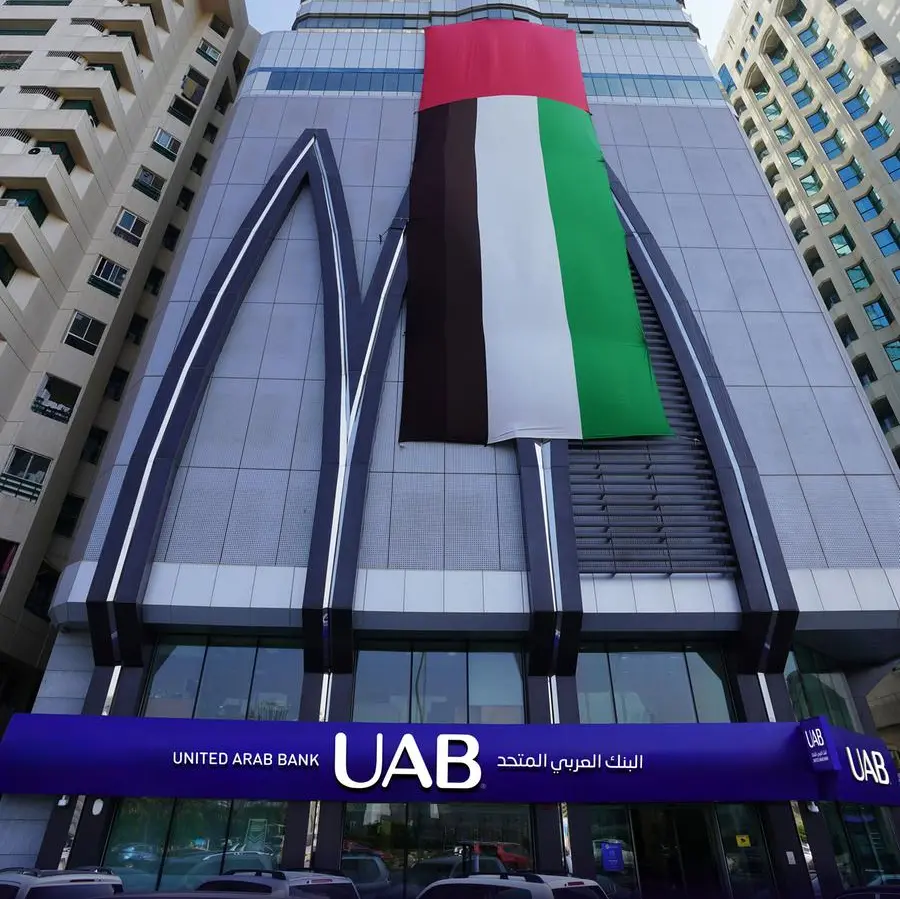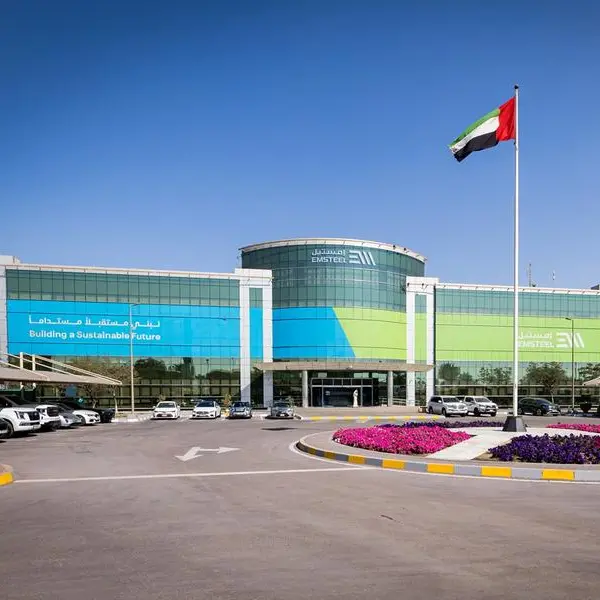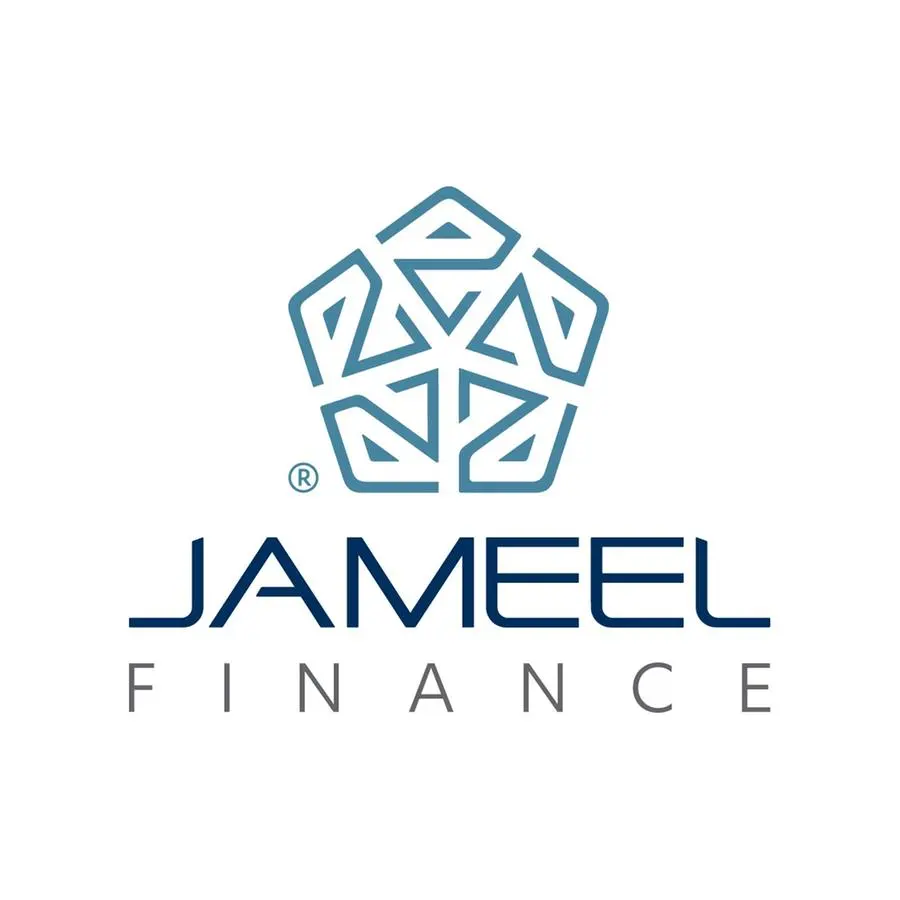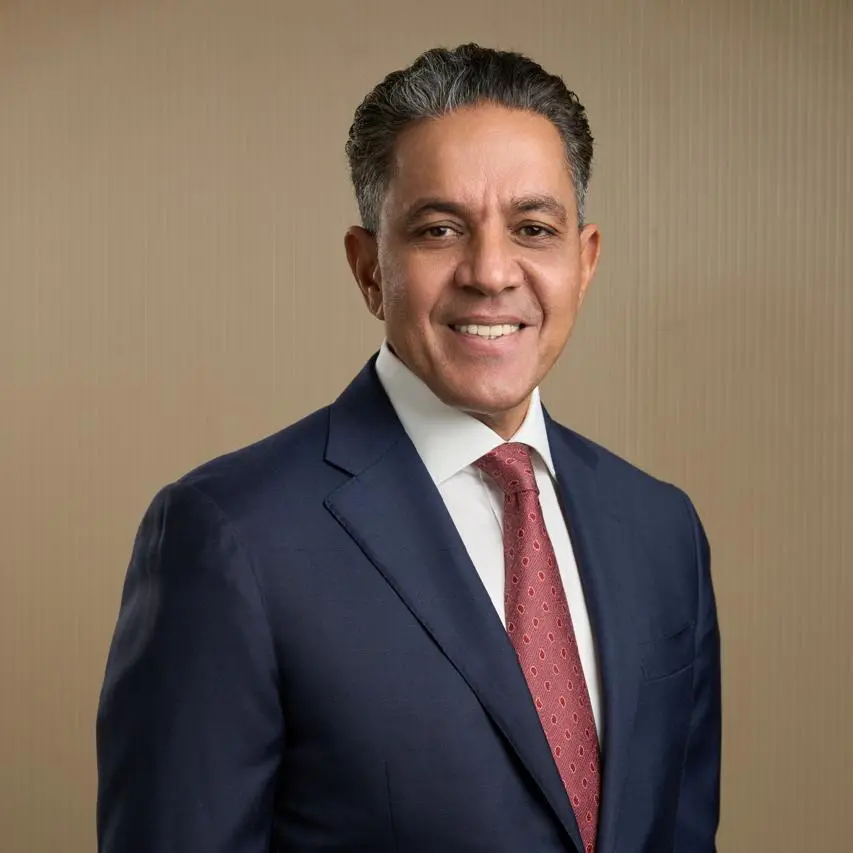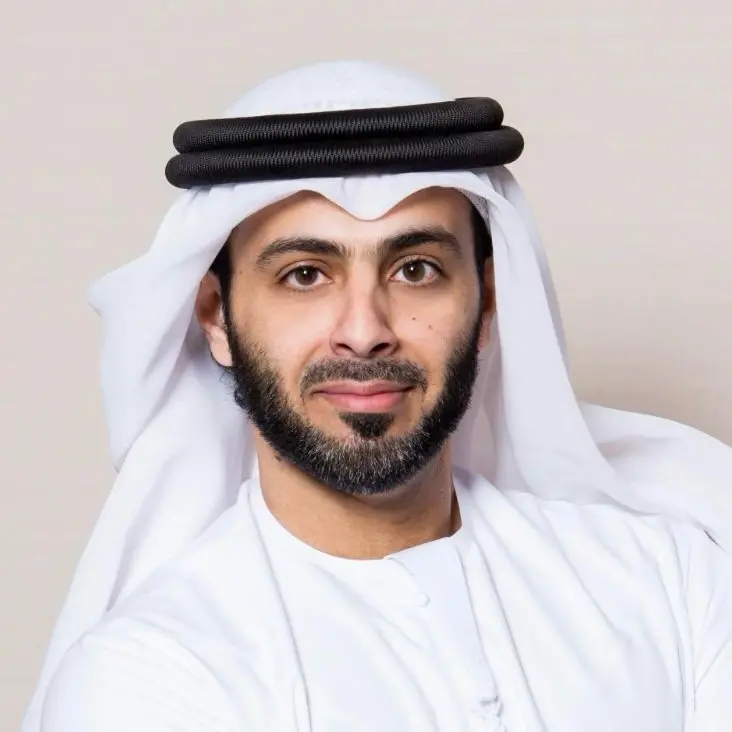Kuala Lumpur, Malaysia – The RFI Foundation and Dubai Islamic Economy Development Centre (DIEDC) organized a half-day roundtable event on responsible and sustainable finance, hosted by Bank Negara Malaysia. The high level participants discussed and shared experiences in adopting responsible finance best practices.
The roundtable was attended by more than 60 participants representing Islamic banks, key asset owners, ESG-focused asset management firms, government officials and regulators, including a delegation from the United Arab Emirates. The UAE delegation was organized by the DIEDC as a part of their regional GIES Roundtable series that includes dialogues in Kuala Lumpur, Jakarta and Bangkok this week covering several Islamic economy-related themes including banking.
Blake Goud, CEO of the RFI Foundation stated: “We appreciate the opportunity to organize a roundtable bringing together so many high level leaders and key stakeholders to discuss how Islamic banks can strengthen their business strategy. It will also help them to respond when investors who engage on ESG issues with their investee banks as a part of their active ownership responsibilities. RFI has worked with our members, and we will continue to work with other Islamic banks who recognize the importance of addressing the environmental, social and governance risks embedded in their balance sheets.”
Abdul Rasheed Ghaffour, Deputy Governor of Bank Negara Malaysia emphasised: “Shari’ah embeds inherent features that make it natural for Islamic financial institutions to play catalytic role in advancing sustainability agenda. While considering profit, financial institutions should not forgo the element of being socially and environmentally responsible. ‘Tone from the top’ is essential in ensuring smooth and orderly transition within an institution.”
Saeed Mubarak Kharbash Al Marri, Deputy CEO of Strategy and Planning at DIEDC added: “We are delighted to collaborate with the RFI Foundation again and bring an international component to the discussions on responsible finance within Islamic banks. As key institutions within the broader Islamic economy, Islamic banks must ensure they are on strong footing on sustainability so that they will continue to operate from a position where they can lead by example. This will enable them to provide the most effective support for a full range of Islamic economy businesses that are increasingly oriented towards positive social impact and have become a significant growth driver in many markets around the world, including in the UAE and Malaysia.”
The participants of the roundtable expressed optimism in their ability use responsible and sustainable finance to redefine their value creation model. It was further agreed that responsible and sustainable finance practices such as environmental, social and governance (ESG) consideration could be used as an important tool to manage investor engagement, which is increasingly focusing on ESG issues.
-Ends-
About RFI Foundation
The RFI Foundation is a non-profit organisation with a mission to identify a neutral, nonpartisan and universal value proposition that encourages convergence of responsible finance practices. RFI evolves Sustainable, Responsible, Impact Investing (SRI), Environmental, Social and Governance (ESG) and the Islamic finance sectors towards a convergence of their shared standards, and engages stakeholders to build the responsible finance industry as a catalyst to support equitable, inclusive and sustainable economic development.
The RFI Foundation works in consultation with our members to enhance and institutionalise the linkages between Islamic finance and other forms of responsible finance including:
- Connecting members with resources to support their responsible finance awareness;
- Consulting with members on their own responsible finance journeys; and,
- Creating new research, tools and other resources to support our members and influence the direction of the entire responsible finance market.
Visit us at www.rfi-foundation.org
About Dubai Islamic Economy Development Centre
Dubai Islamic Economy Development Centre (DIEDC) was established in December 2013 under the supervision of His Highness Sheikh Hamdan bin Mohammed bin Rashid Al Maktoum, Crown Prince of Dubai and Chairman of the Dubai Executive Council, to transform Dubai into the capital of Islamic economy.
In 2017, DIEDC launched its 2017-2021 strategy that focuses on identifying new key performance indicators (KPIs) for monitoring the growth of three core Islamic economy sectors – Islamic finance, halal products, and Islamic lifestyle encompassing culture, art, fashion and family tourism – in addition to measuring their contribution to the UAE’s national economy. Knowledge, standards and digital Islamic economy serve as cornerstones that support these key sectors in achieving the leadership’s Islamic economy vision.
As part of the new mandate, DIEDC is keen to develop strategic partnerships with local and international organisations to build a robust framework and comprehensive ecosystem of Islamic economy principles and regulations.
DIEDC seeks to empower young talent with the required skillset to boost growth across the strategic Islamic economy sectors and contribute to achieving sustainable development for the wider global community.
Visit us at www.iedcdubai.ae
Media Contacts
Blake Goud
CEO, RFI Foundation
blake.goud@rfi-foundation.org
Nasser Yousef Al Awadhi
Senior Manager of Marketing and Corporate Communications, DIEDC
nasser.alawadhi@iedcdubai.ae
Disclaimer: The contents of this press release was provided from an external third party provider. This website is not responsible for, and does not control, such external content. This content is provided on an “as is” and “as available” basis and has not been edited in any way. Neither this website nor our affiliates guarantee the accuracy of or endorse the views or opinions expressed in this press release.
The press release is provided for informational purposes only. The content does not provide tax, legal or investment advice or opinion regarding the suitability, value or profitability of any particular security, portfolio or investment strategy. Neither this website nor our affiliates shall be liable for any errors or inaccuracies in the content, or for any actions taken by you in reliance thereon. You expressly agree that your use of the information within this article is at your sole risk.
To the fullest extent permitted by applicable law, this website, its parent company, its subsidiaries, its affiliates and the respective shareholders, directors, officers, employees, agents, advertisers, content providers and licensors will not be liable (jointly or severally) to you for any direct, indirect, consequential, special, incidental, punitive or exemplary damages, including without limitation, lost profits, lost savings and lost revenues, whether in negligence, tort, contract or any other theory of liability, even if the parties have been advised of the possibility or could have foreseen any such damages.

